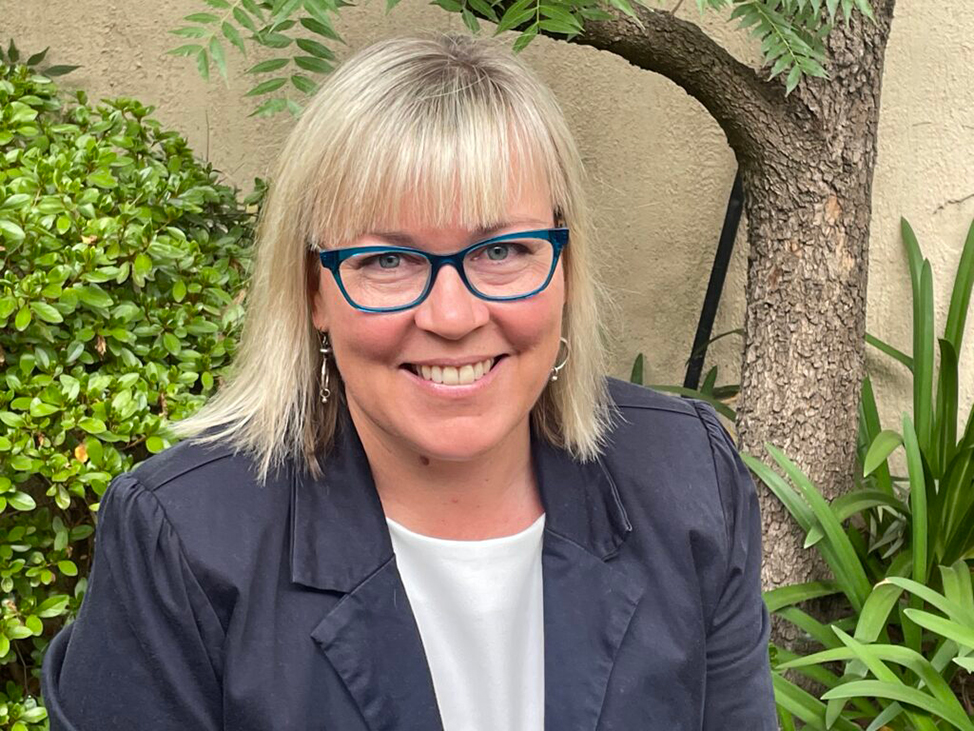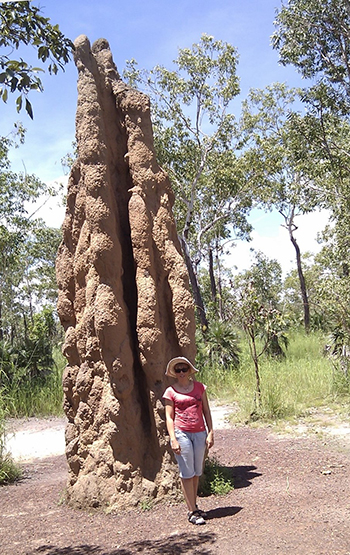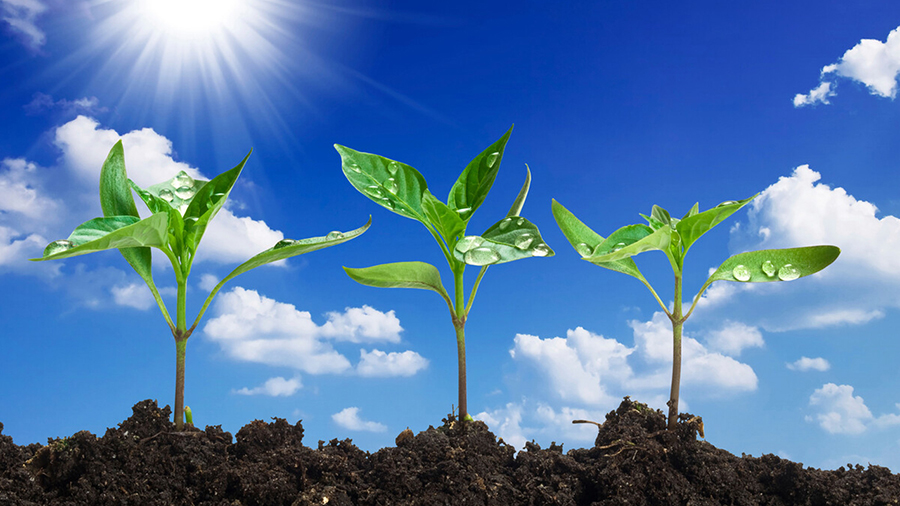- connecting our global alumni network
01 November 2022
Partners in the plant world
A group of industry leaders will speak at the University of South Australia’s Biosecurity Seminar on 16 November. Here, Mila Bristow tells us about the role of Plant Health Australia in connecting all elements of the supply chain to ensure everyone, including the consumer, is doing their part.

Mila Bristow
General Manager, Partnerships and Innovation at Plant Health Australia
Master of Business Administration
Recent concerns over threats to cattle and bees (and the crops they pollinate), as well as the on-going battle against fruit fly, continue to highlight the importance of biosecurity in protecting Australia’s reputation for high quality food and the livelihoods of those who produce it.
Plant Health Australia is a not-for-profit organisation which manages partnerships between governments, plant industries and community to help them fulfill their role in the plant biosecurity system. “It’s about bringing people together and connecting them to deliver solutions that benefit the economy, environment and the community,” says Mila Bristow, General Manager, Partnerships and Innovation. “The partnerships our members have with PHA can differ - but we bring together diverse expertise, knowledge and stakeholders to improve biosecurity outcomes. This means that we present multiple value propositions to different organisations along the supply chain, but if we can connect our members and help them achieve their particular role, they know they’re doing their part.”
Biosecurity is not just the responsibility of regulators or producers; consumers must also play their part. “COVID 19 taught us all a lot about biosecurity,” she says. “We now understand border closures and movement restrictions. We understand the impact of that sort of biosecurity incursion on our lives, our wallets and on our families and relationships. It’s the same set of rules in plant biosecurity.”
Good biosecurity leads to food safety and thereby food security. COVID 19 will be remembered in terms of restrictons across suburbs or regions, but they take on a whole new meaning when extended on a global scale. “Good biosecurity is about trade and market access and therefore profitability from our terrific produce, as well as protecting our unique natural environments and the livelihoods and lifestyles of Australians that depend on those.”

Mila’s interest in science was cemented when she connected with a “very, very good” biology teacher in high school. “A group of friends and I really fell for the concept of working in biology and understanding how plants and animals, soils, water and all those things integrate to make healthy country.” From her own experience she recognises the importance of strong role models and teachers in STEM, along with a need to understand and mitigate the decline in the number of female’s pursuing studies in STEM after the age of 15, by listening to their feedback and acting on it.
According to Mila the skills learned in studying science are highly transferrable to other areas and we should be promoting science as a way of thinking. “Being curious, exploring, testing, observing, recognising patterns, making inferences, all of those things that science teaches you can lead to a career in STEM, but it doesn't just stop there. It could be a career in business, arts, health care, community functioning … it could be in manufacturing.”
From her own perspective, Mila appreciates working with teams of people with diverse backgrounds. “They bring lots of different knowledge, ways of thinking, and disciplines together to work on complex questions to actually deliver a workable solution that can be put in place on farm, across a region or in an indigenous community or supply chain.”
“As a scientist, I’m used to testing and adjusting my thinking and actions, but in business parlance this is called learning from failure. I don’t mean failure in a negative sense, it’s just another opportunity to learn.”
Mila’s initial studies in plant ecology were followed by a PhD in Forest Science and working across Queensland and in the Northern Territory. “I’ve always worked in sustainable production landscapes – whether it’s agriculture, horticulture, forestry, natural resource management – investigating how to balance production, conservation, livelihood, profit and rational resource use with healthy rural communities, healthy people and healthy systems.”
Today, with an MBA to her name, her executive role with Plant Health Australia sees her based in Canberra. “I like the challenge of moving and testing whether you can transfer skills, your life and livelihood from one area to another. It’s not always easy – some of the moves have not been as successful as others.
“I think the key to success is doing something that aligns with your values so that you are satisfied at the end of each day, each week.”
Mila Bristow will join the panel of speakers at the University of South Australia’s inaugural Biosecurity Seminar on 16 November. More details are available here. Please register below to confirm your attendance.

Biosecurity in South Australia
DATE: Wednesday, 16 November
TIME: 6:00pm – 8:30pm
VENUE: Level 8 Seminar Room, Bradley Building, UniSA City West Campus



